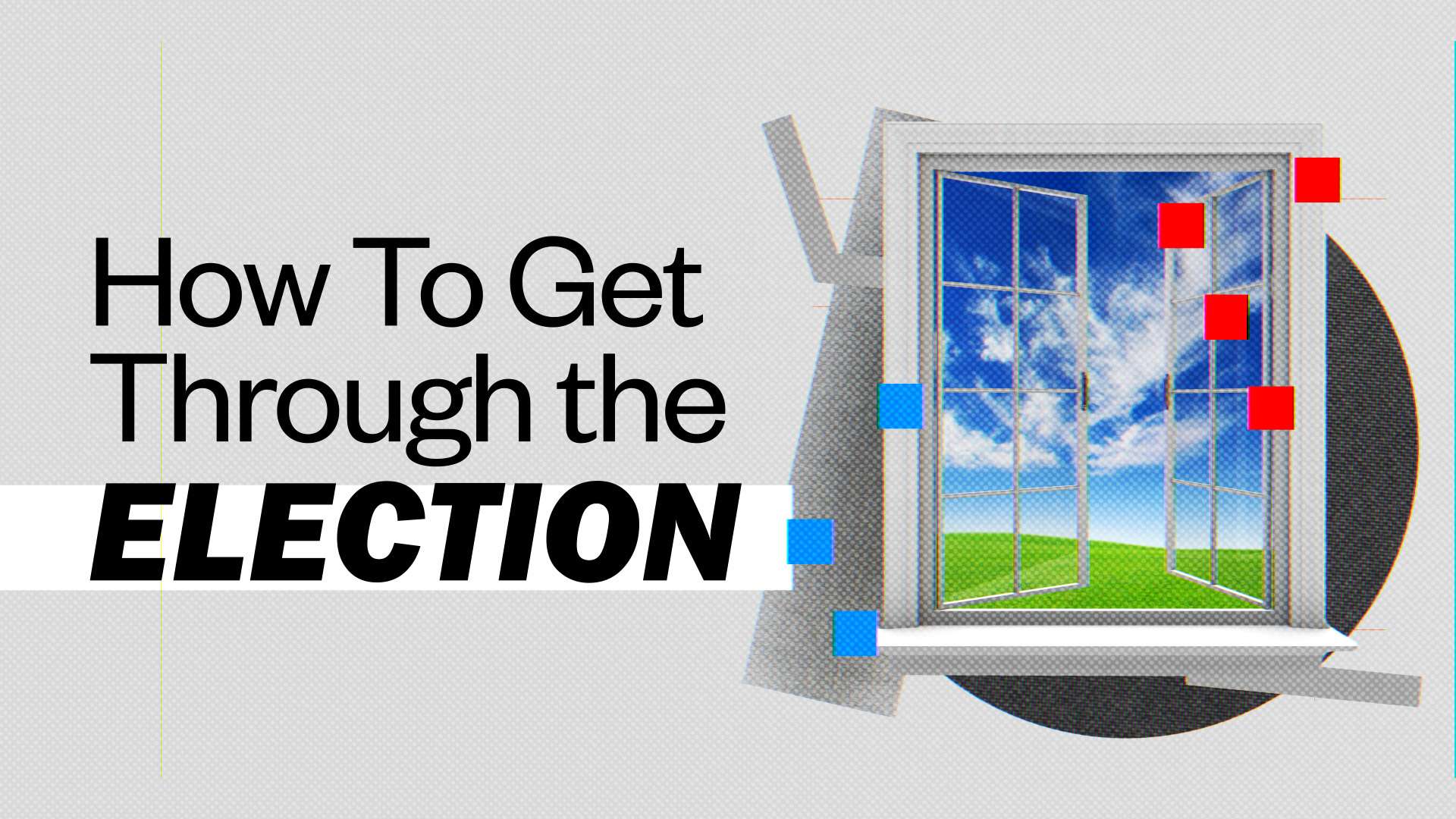Breathe Easy: Embrace Fresh Air to Navigate This Election Season
The increasing intensification of political focus, particularly surrounding the 2024 presidential contest, poses significant risks not only to individual well-being but also to the broader health care system in the United States. Despite the efforts of both major political parties, neither candidate appears to offer a viable solution to the ongoing health care crisis. The landmark legislation known as the Patient Protection and Affordable Care Act (commonly referred to as Obamacare), enacted over a decade ago, was designed to improve insurance coverage and reduce costs. Yet, contrary to its intentions, health care expenses have soared significantly since then, despite enormous federal spending on subsidies meant to mitigate these costs. The fundamental issue appears to stem from the prevalence of third-party payers, such as insurance companies, which exacerbate the financial burdens associated with health care.
In response to the financial challenges within the health care sector, Vice President Kamala Harris has proposed increased funding for initiatives related to Obamacare and other federal health programs. Her plans involve making health insurance tax credits permanent, a measure that reflects her alignment with the public’s growing demand for affordable health care solutions. Additionally, she has floated the potential expansion of Medicare to encompass vital services like vision care and in-home support. Conversely, former President Donald Trump, who previously championed efforts to dismantle Obamacare, has not provided a clear blueprint for his health policy reforms should he regain the presidency. His contradictory statements during the campaign—including proclaiming his intention to improve Obamacare without substantial detail—underscore a lack of clarity about the future direction of health care policy under his leadership.
Amidst the uncertainty and partisan conflict, it is evident that relying on elected officials to remedy the health care system could be a futile endeavor. As the 2024 electoral race progresses, the overwhelming political climate may distract individuals from taking proactive steps toward their own health. In lieu of waiting for political resolutions, encouraging citizens to engage in self-improvement activities like walking may serve as a healthier alternative. Walking is a universally accessible form of exercise that not only benefits physical health but also offers a range of mental health advantages. By encouraging outdoor activity, individuals can counteract the negative impacts of a sedentary lifestyle and divorce themselves from the often toxic political discourse echoing through media channels.
Research supports the notion that physical activities, such as walking, play a crucial role in boosting overall health and well-being. Regular walking can mitigate risk factors associated with serious health conditions, such as heart disease, diabetes, and obesity. Organizations like the American Heart Association advocate for at least 150 minutes of moderate-intensity exercise each week, emphasizing that even light physical activity can positively offset sedentary behavior. Furthermore, studies conducted by health experts, including those at Harvard Medical School, indicate that engaging in consistent physical activity, especially walking, can enhance immune function, promote better sleep, and improve energy levels.
Mental health benefits from walking include reduced stress and improved mood due to enhanced blood circulation and brain engagement. As the nation approaches a contentious election rife with anxiety and uncertainty, the cumulative pressures of political outcomes may undoubtedly affect individual stress levels. Instead of becoming embroiled in the election’s outcomes or obsessively tracking poll numbers, prioritizing personal health through walking can serve as a vital coping mechanism. By stepping outside for fresh air, individuals can not only promote their mental and physical health but also develop resilience against the stresses stemming from political divides.
In conclusion, while the political landscape remains fraught with challenges regarding health care reform, individuals should not allow themselves to be overwhelmed by partisan battles. Instead, by focusing on self-care and prioritizing physical activity like walking, citizens can reclaim their well-being. As the 2024 elections draw near, the call to “take a walk” serves a dual purpose: it encourages a focus on personal health while also recognizing the limitations of political solutions. Engaging with nature and moving one’s body can provide a necessary respite from the overwhelming chaos of the political environment and foster a healthier, more resilient society capable of weathering whatever changes lie ahead in the health care landscape.
Share this content:












Post Comment